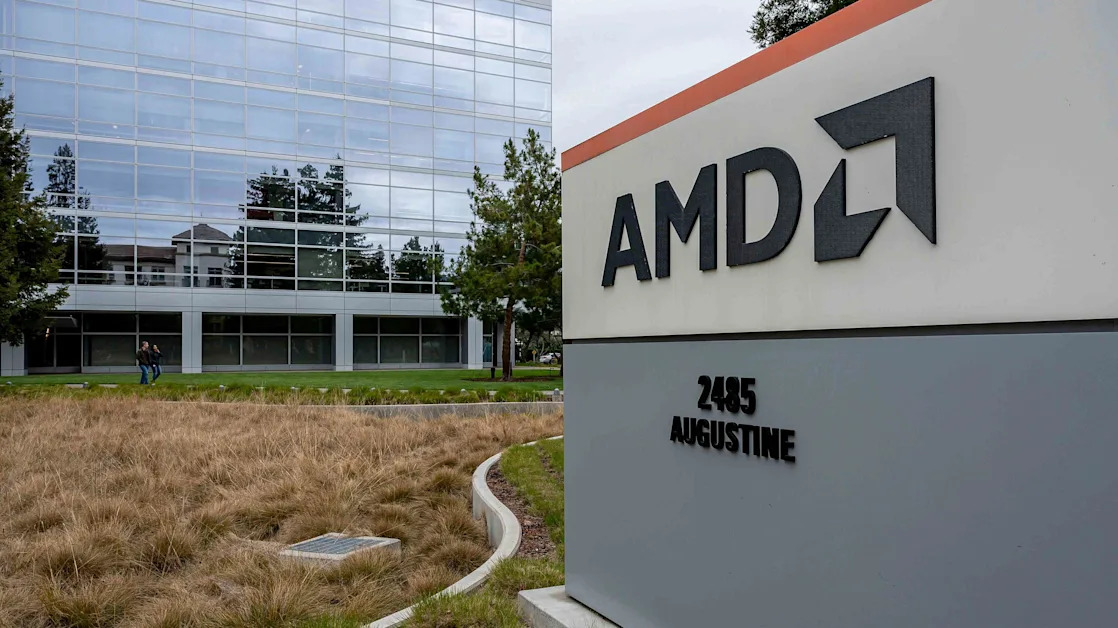Artificial intelligence (AI) capabilities will differentiate the companies that are competing in the collaboration tools space, according to a new report.
GlobalData’s Collaboration Tools report explains that the emergence of generative AI and large language models has created new opportunities for users to communicate with AI systems used in workflow and project management. It states that, while the value of AI agents for boosting productivity and supporting collaboration in the short term is uncertain, market players must adopt advanced AI capabilities to remain competitive in the long term.
The report notes: “Leading players in collaboration tools, including Microsoft, Workday, and Salesforce, all announced in September 2024 that AI agents would be a core part of their AI strategy.”
GlobalData estimates that the communication and collaboration market was worth $402.6bn in 2023 and forecasts that it will hit $561.1bn by 2028, growing at a compound annual rate of 6.9% across that period. Several factors are highlighted as driving this growth.
“During the Covid-19 pandemic and its aftermath, there was a shift towards remote working,” the report says. “Consequently, demand for communications platforms and enterprise social networking and collaboration platforms increased considerably since 2020 and will continue to grow …
“The growing number of employees working from remote locations and the need to establish better communication between them and office-based staff is driving enterprise adoption of C&C tools. At the same time, the growing adoption of unified and cloud-based C&C tools, combined with the use of new technologies like AI and the increasing sophistication and flexibility of C&C platforms, will also contribute to overall market growth.”
AI in collaboration tools
GlobalData’s report argues that AI “underpins the next generation of collaboration tools”, pointing to its uses for summarising meetings and files and transcribing and translating scripts and documents as examples of its value. It also notes that there are uses for AI throughout the project cycle – “from ideation to completion”.
Elaborating on this, it states: “Big Tech companies are using generative AI to fine-tune their collaboration tools. Microsoft’s Copilot can be embedded into apps like Word, Excel, PowerPoint and Outlook to automate workflows and project management. For example, it can draft action points following a video meeting. Google Workspace uses generative AI to compose summaries and replies and suggest edits for documents and emails. Zoom’s AI Companion provides highlights and summaries of virtual meetings and can generate content.
“Smaller players are also adopting AI to remain competitive and improve their services. Asana AI, for example, suggests which employee would be the best fit for a task based on their workload, schedule, and previous experience. Asana AI does this in part by scanning through an employee’s calendar. In 2023, Monday.com added AI to its software that automatically generates project plans, helps to compose emails and summarises complex tasks.”
GlobalData cites AI agents as a “prime example” of how generative AI could shape the future of collaboration tools. The software tools, which interact with their environments and collect data to perform specific tasks, are an evolution of the AI assistants like Zoom’s AI Companion and Microsoft’s Copilot that have been around for several years.
“As generative AI becomes more mature, it will support workflow management and project collaboration through its capacity to perform multiple tasks to complete a project (like planning and executing a marketing or sales strategy, for example),” the report states.
"AI ‘key differentiator’ in growing collaboration tools market" was originally created and published by Verdict , a GlobalData owned brand.
The information on this site has been included in good faith for general informational purposes only. It is not intended to amount to advice on which you should rely, and we give no representation, warranty or guarantee, whether express or implied as to its accuracy or completeness. You must obtain professional or specialist advice before taking, or refraining from, any action on the basis of the content on our site.





